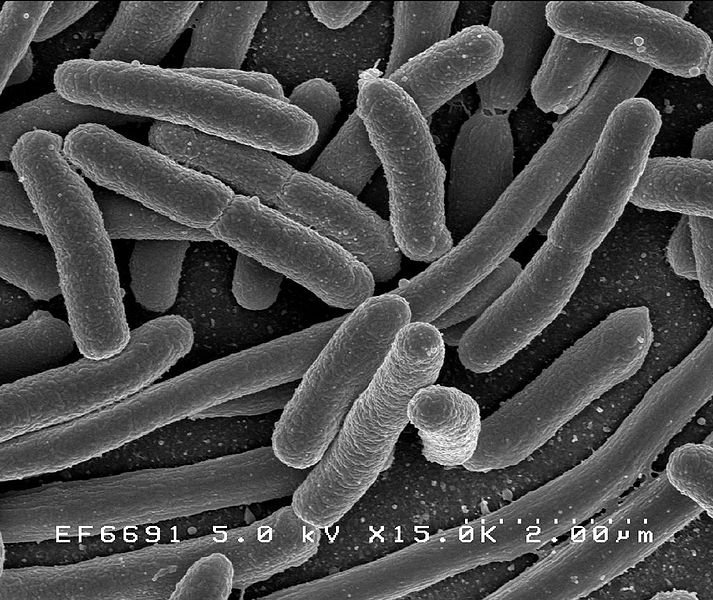 E. coli bacteria capable of producing diesel have been engineered by UK scientists.
E. coli bacteria capable of producing diesel have been engineered by UK scientists.
Transport accounts for over 60% of global oil demand, which is expected to rise from the current 85 million barrels per day to over 100 million barrels per day by 2030.
And apart from being a finite fossil resource with a significant carbon cost, oil supplies are also threatened by political instability.
To address these issues and begin to reduce oil dependency, many nations, including in Europe, the US and South America have policies in place stipulating that a set concentration of biofuel is present in fuel supplies. Currently the level of admixture is 5% and is scheduled to increase to 10% by 2020.
However, producing these fuels attracts significant processing and quality control costs, and fuels containing richer biofuel proportions are largely incompatible with the current generation of automotive engines, which would necessitate significant engine remodelling to accommodate these fuels.
Instead, a team at Exeter University led by John Love have genetically engineered a strain of E. coli to produce bacteria capable of churning out diesel. They have achieved this by endowing the bugs with an artificial metabolic pathway akin to an industrial production line.
This the team assembled by borrowing different chemical processes from a diverse range of different bugs and plumbing them genetically into their E. coli. A fatty acid reductase enzyme came from the bacterium Photorhabdus luminescens, the cyanobacterium Nostoc punctiforme donated an aldehyde dehydrogenase and the gut bug Bacillus subtilis provided a gene for making branched chains of carbon atoms.
Although a long way from running a car yet because the yields are low and the process clearly needs optimisation, the modified bugs were capable of pumping out a hydrocarbon mix similar in composition to diesel including straight and branched chains between 13 and 16 carbon atoms long.
According to the Exeter team, who have published their results this week in PNAS, "These results, although at a very early stage in product development, contribute toward the goals of advanced biofuels by providing metabolic pathways for the production of industrially relevant, petroleum-replica fuel molecules."










Comments
Add a comment